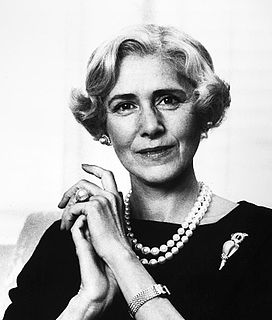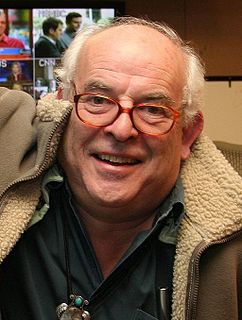A Quote by Greg Gutfeld
It may feel good to think you're right. But it's better to allow the possibility that you're wrong.
Related Quotes
As far as the refugees are concerned, it's not that America doesn't want to accept refugees.t's that we may not be able to, because this is an issue we have to be 100 percent right on. If we allow 9,999 Syrian refugees into the United States, and all of them are good people, but we allow one person in who's an ISIS killer - we just get one person wrong, we've got a serious problem.
I cannot say to you what is right or wrong. I can say only one thing to you: be conscious - that is right. Don't be unconscious because that is wrong. And then whatsoever you do in consciousness is right. But people are living in unconsciousness. And let me tell you: in unconsciousness you may think you are doing something right, but it can't be right. Out of unconsciousness, virtue cannot flower; it may appear virtuous but it can't be. Deep down it will still be something wrong. If you are unconscious and you give money to a poor man, watch: your ego is strengthened. This is sin.
We feel that we have to be right so that we can feel good. We don’t want to be wrong because then we’ll feel bad. But we could be more compassionate toward all these parts of ourselves. The whole right and wrong business closes us down and makes our world smaller. Wanting situations and relationships to be solid, permanent, and graspable obscures the pith of the matter, which is that things are fundamentally groundless.
While criticism or fear of punishment may restrain us from doing wrong, it does not make us wish to do right. Disregarding this simple fact is the great error into which parents and educators fall when they rely on these negative means of correction. The only effective discipline is self-discipline, motivated by the inner desire to act meritoriously in order to do well in one's own eyes, according to one's own values, so that one may feel good about oneself may "have a good conscience.

































